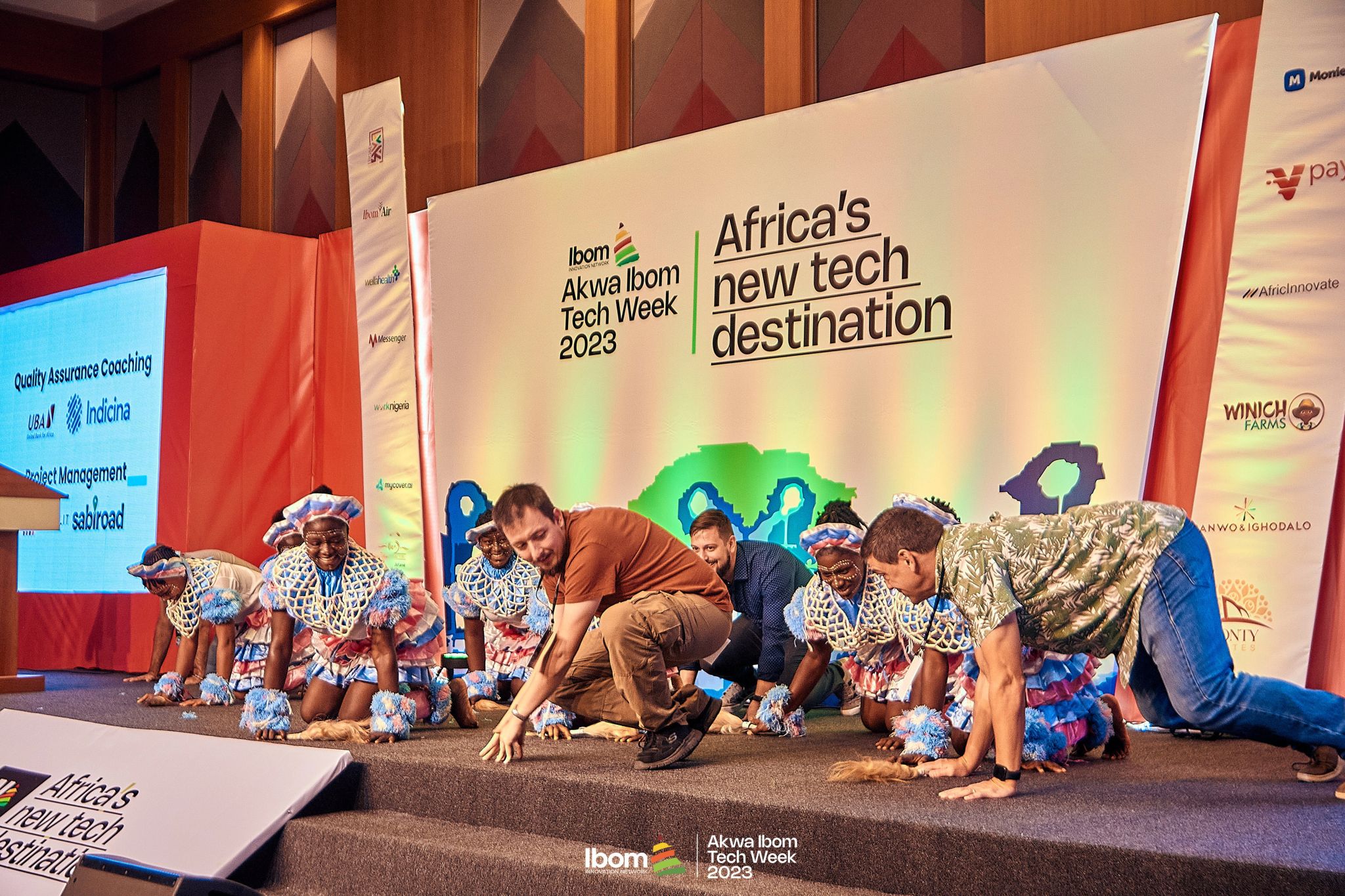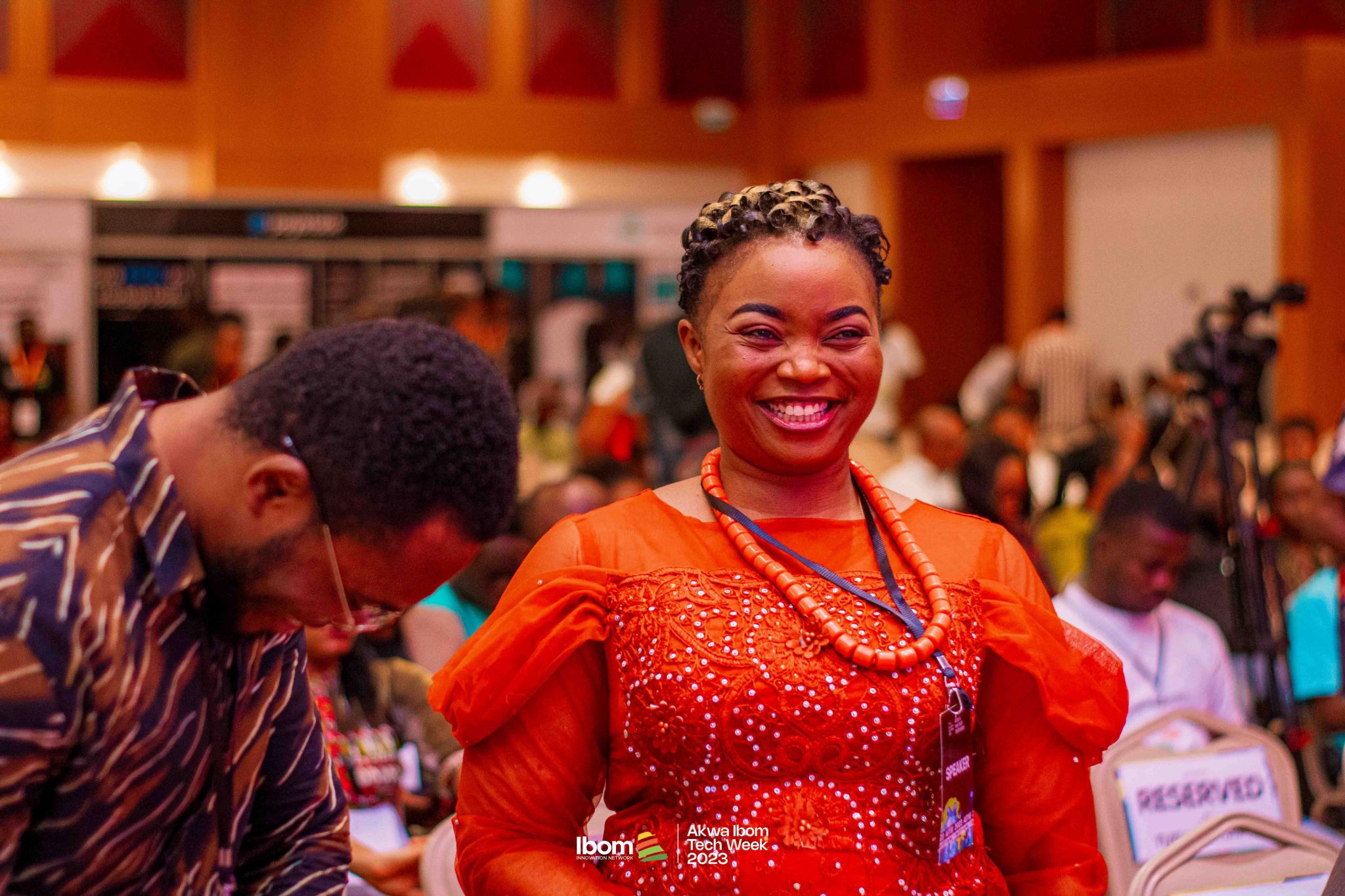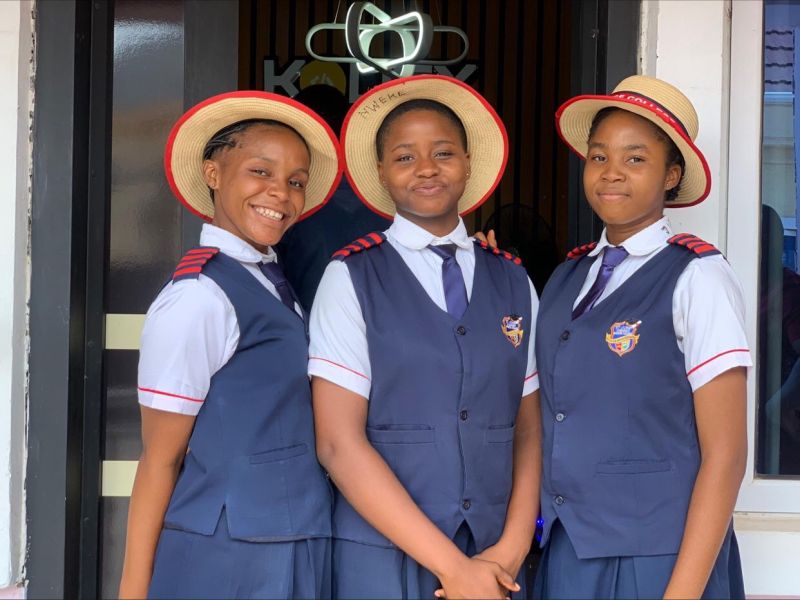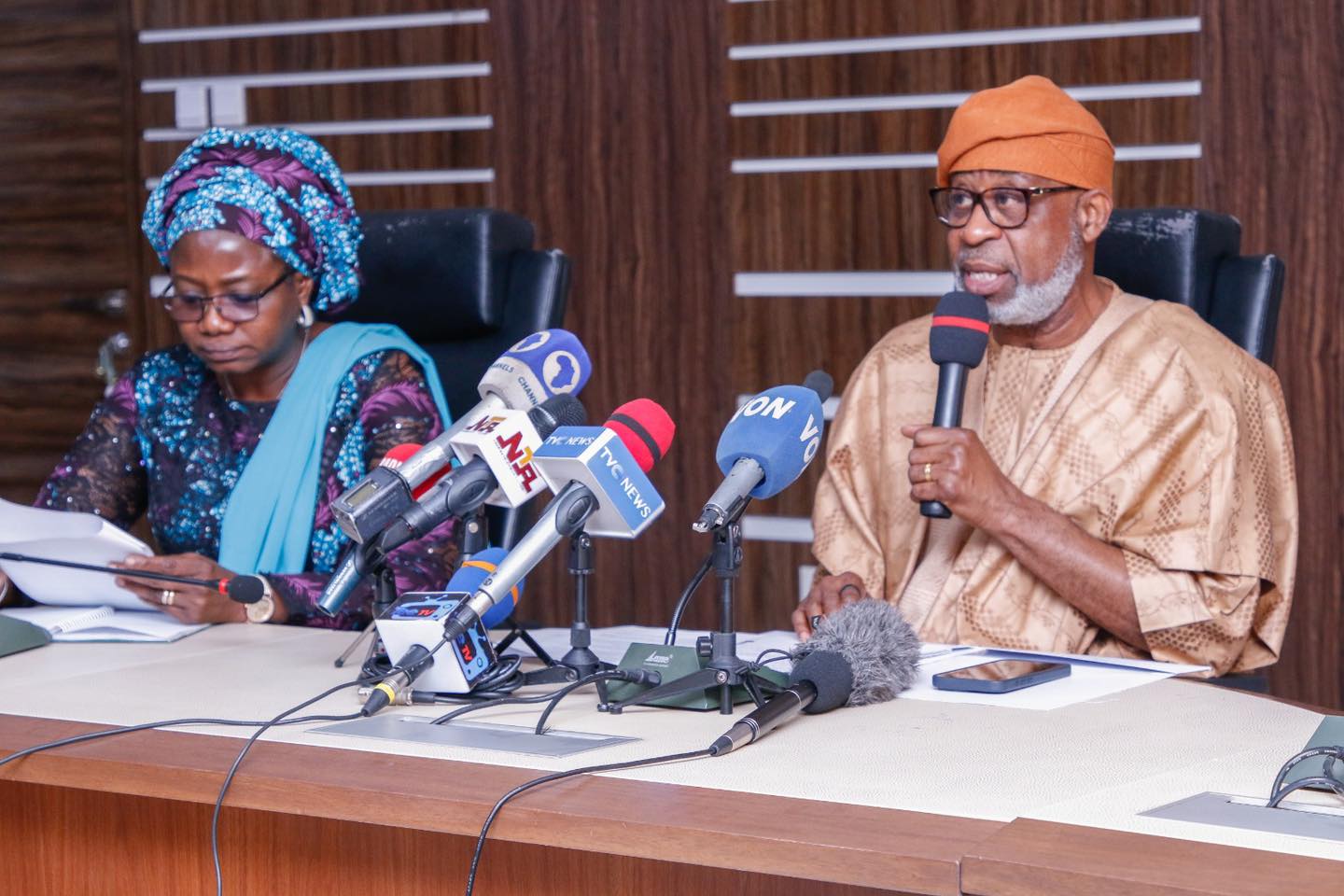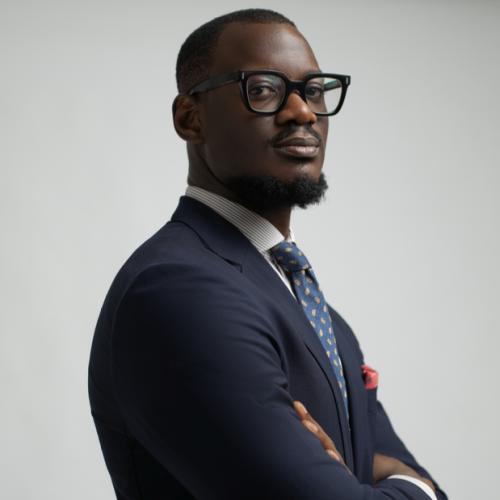In a stark revelation, renowned institutions such as the Pacelli School For The Blind in Surulere Lagos, National Orthopaedic Hospital in Igbobi Lagos, and Lagos Island General Hospital have reported zero instances of miraculous healing despite numerous visits from religious figures. Established facts and records demonstrate a consistent absence of supernatural interventions in these well-documented cases.
The Pacelli School For The Blind, founded in 1962, has witnessed over 5,000 visits by religious figures claiming to heal the blind through prayer. However, the harsh reality remains unchanged – not a single student has been cured of blindness through these spiritual endeavors.
Similarly, the National Orthopaedic Hospital, with a history dating back to 1945, has accommodated 450 beds that are consistently occupied. Despite the hopes placed in miracles, there have been no instances of bones miraculously resetting or limbs regrowing within its walls.
Even the Lagos Island General Hospital, established in 1893 and the first of its kind in Nigeria, stands testament to the absence of miraculous occurrences. Not a single person has been raised from the dead by any religious figure, regardless of spiritual or other claims.
The reason for the lack of miracles in these institutions is attributed to their meticulous record-keeping practices, documenting patients’ conditions before and after any supposed interventions. These records, coupled with the genuine disabilities and confirmed deaths of patients, present a stark contrast to the sensational claims often propagated in religious circles.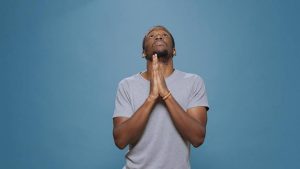
The article challenges readers, especially those fervently adherent to religious beliefs, to reflect on the incongruity between the alleged miracles happening in various religious settings and the absence of such events in institutions with verifiable cases. It questions the intelligence of those who unquestioningly support unverified claims and draws attention to the financial disparities between religious leaders and their followers.
The piece delves into the broader issue of how people, grappling with various hardships, turn to religion for hope, inadvertently becoming vulnerable to exploitation. It criticizes the undue influence exerted by some religious leaders over the lives of their followers, from financial matters to personal choices, highlighting the potential consequences of such manipulation.
In conclusion, the article suggests that the prevalence of religious fervor in Nigeria may be a consequence of poverty weaponized by the elites, redirecting attention from systemic issues to spiritual solutions. The author emphasizes the need for critical thinking and an examination of the role religion plays in the lives of individuals and society at large.









